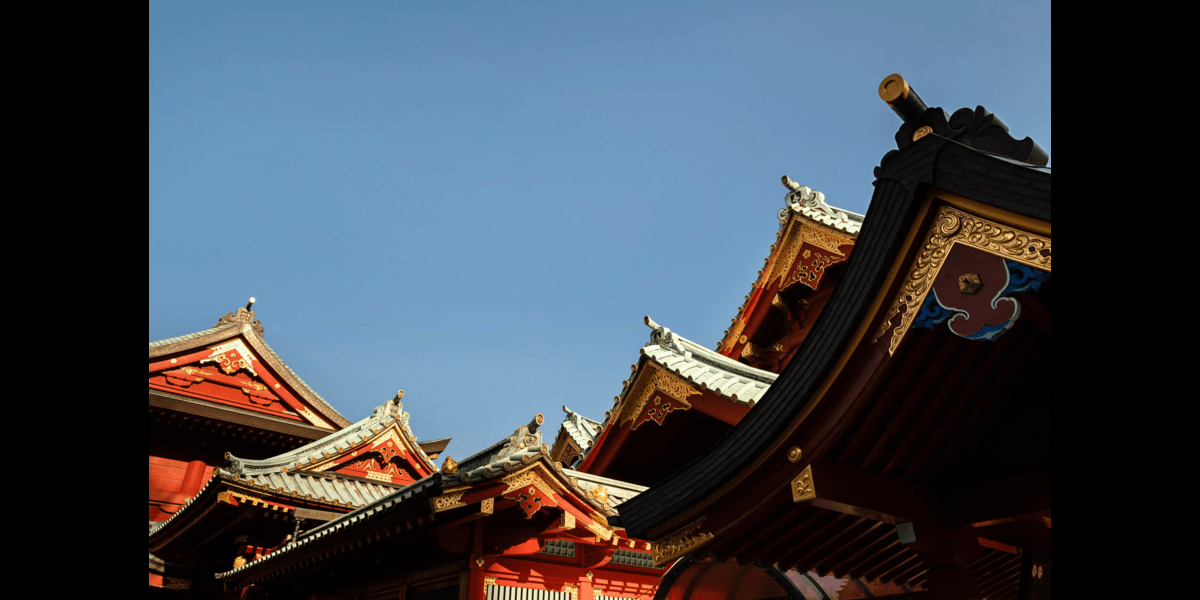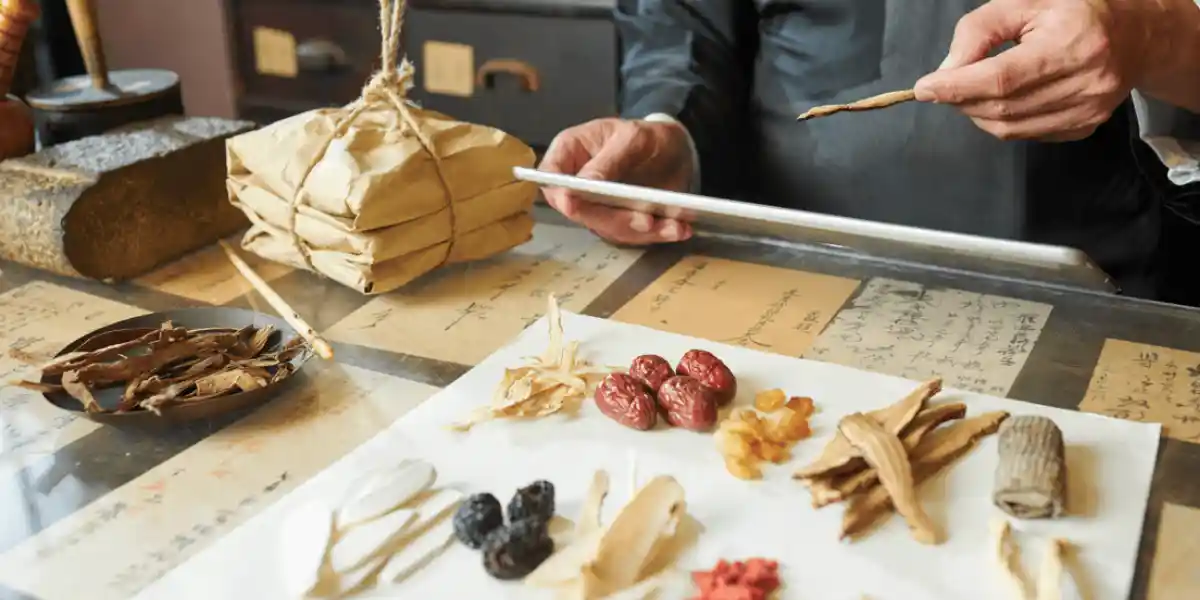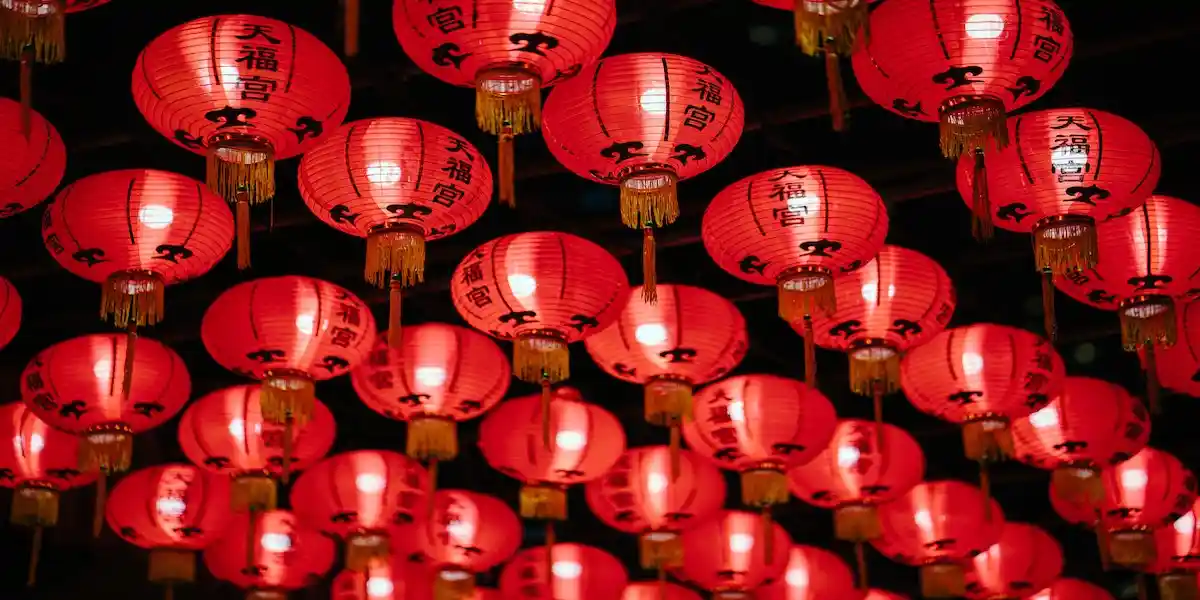
How to Ride a Bike: Step by Step Guide
Did you know that even if you’ve never touched a bike before, learning how to ride a bike is a skill you can pick up at any age? Biking is more than just a fun way to get around; it’s also great for fitness and mental health. So, in this blog, we’ll walk you through everything related to how to ride a Bike, from balancing and pedaling to choosing the right type of bike, including where to find …

Traditional Meals Around the World: Egypt
Much like fairytales, traditional meals around the world are like delicious stories passed down through generations—they carry culture, history, and the way of life. For example, Korea relies heavily …

Easy Grilled Chicken Recipes
Searching the internet for quick grilled chicken dinners that are wholesome, satisfying and - above all – flavourful? You have just landed in the right place! We get it: after a long, …

Your Guide to the Best Restaurants in Dubai: Top Spots to Dine
Dubai's culinary scene reflects the city’s dynamic blend of cultures, which coexist harmoniously to offer a remarkable range of experiences, from traditional Emirati cuisine to …

The Best Shopping Options at Dragon Mart: Your Perfect Destination for a Shopping Spree
Shopping areas are undeniably one of the key factors that attract residents to any region. Dubai is home to sprawling shopping centres, known for hosting the world's most famous brands. These …

Dragon Mart Activities: An Unmatched Shopping and Entertainment Experience
Are you a fan of Chinese culture and curious to explore its unique charm? If so, there's no need to travel to China. Simply visit Dragon Mart, Dubai’s ultimate destination for Chinese products …

Longest Chinese Name: History of China’s Civilization
China has been known as one of the most powerful countries in Asia and the world throughout history. And now, Chinese civilisation is considered one of the most important civilisations in the world …

How to Start an Online Business
In today's digital age, there is an abundance of online businesses to start ranging from niche apparel boutiques to subscription box services and digital product platforms. If …

Camping in Dubai
Camping is about setting up a shelter amidst the wilderness and spending some time under the stars, experiencing the serene and unspoiled landscapes away from the city's hustle. This …

Wok This Way Traditional Chinese Food
Chinese food has won praise from all around the world for its delicious meals thanks to its wide range of flavours, textures, and cooking methods. Traditional Chinese food is steeped in history and …

Dragon Mart hosts Dubai Police celebrations and traditional performances to mark 52nd Union Day
UAE National Day Traditional Harbiya Dance Visitors can watch the live band who will perform a traditional Harbiya dance every hour to commemorate Union …

Home Decor Ideas from Dragon Mart
Looking to spruce up your house without breaking the bank? If you’re looking for an easy project to spend the afternoon on, which is an ideal way to hide from the intense Dubai heat, you've …

Chinese Festivals
China, a country with a history stretching over five millennia, is a treasure trove of rich traditions and cultural practices. Among these, the traditional Chinese festivals stand out as vibrant …

Symbolism Behind Chinese Customs: Understanding the Cultural Significance
<meta charset="utf-8" /></p> Chinese customs are more than mere traditions; they represent a vibrant tapestry of symbolism that narrates China's rich and intricate cultural heritage. …

Fun Sports Activities in Dubai at Dragon Mart
Dubai, the bustling metropolis in the heart of the United Arab Emirates, has earned a reputation as a world-class destination for luxury, business, and entertainment. However, Dubai is also an …

Best Products To Sell Online
Over the last three years, being a behind-the-screen seller has become a popular commercial activity for many individuals and companies worldwide. If you are considering joining this field, you must …

How To Start an Ecommerce Business
With the bustling entrepreneurial ecosystem in Dubai, people are always looking for the next big opportunity. There's no doubt that eCommerce is the way of the future. Whether you're …

Five Health Benefits of Chinese Herbs
Western medicine is practised around the world, especially in Dubai. This system utilises medical treatments to treat symptoms. Eastern medicine, especially Traditional Chinese Medicine (TCM), uses …

TRADITIONAL CHINESE MEDICINE IN THE UAE: EVERYTHING YOU WANT TO KNOW
Traditional Chinese medicine (TCM) is a unique field that combines the ancient knowledge of anatomy and physiology to improve the quality of life holistically. Chinese medicine practitioners …

Feng Shui: Decorating Your Home
When moving into a new home, it’s easy to get caught up in how you can make your home look good. But have you ever thought about how to make your home feel good? Look no further than feng shui. …

Chinese Culture and Traditions
Dubai is the region's most multicultural city. Nationalities from around the world call this beautiful city home. Many of the people who reside here actually hail from China. In 2021, 2.1% of the …

Kids Play Area at Dragon Mart
Summer’s here! With school out for the season, kids want to enjoy their holiday to the max. At Dragon Mart, we offer a variety of kids activities in Dubai. You can enjoy a whole family outing, …

The Do’s and Don’ts of Furniture Shopping
Are you moving to a new house? That calls for some new furniture to make your house feel like a home. Furniture can make all the difference at home; it all depends on the items you choose. Yet, …

Chinese Food and Eating Traditions
Chinese Food and Eating Traditions Each country has its unique cuisine that differs in taste due to the different spices and ingredients. The Chinese culture is known for its food worldwide due …

Essential Items in Every Household
When moving to a new apartment, there’s a list of chores that need to be done and there’s a long list of items that need to be purchased. These are items you need to have at every house. …

Benefits of Arts and Crafts for Kids
As the world has changed and technology has developed, kids have become hooked on screens. They spend their time playing games, talking to their friends, and watching videos on smart gadgets. …

Health and Safety at Dragon Mart
Nakheel Mall, Ibn Battuta Mall and Dragon Mart go above and beyond to protect public health Nakheel Malls is pulling out all the stops to ensure customer, staff and tenant safety and wellbeing …

Transform Your Summer Wardrobe with Dragon Mart Clothes
Summer is here and it’s the perfect time for a wardrobe overhaul! Visit Dragon Mart for an eclectic collection of colourful summer clothing for men, women and children that will guarantee you …

Traditional Chinese Tea
Tea is an integral part of Chinese culture and has been highly regarded for centuries for a multitude of health benefits, ranging from helping with weight management to strengthening immune systems. …

Top Reasons to Visit Dragon Mart
The world’s largest Chinese trading hub outside mainland China, Dragon Mart is a shopping paradise and the go-to destination for a huge variety of products, including home appliances, …

A unique shopping paradise in Dubai
Whether you’re a UAE resident or visiting on holiday, a trip to Dragon Mart is a must. Located on the Dubai-Hatta Road, close to Dubai International Airport, the destination is easily …